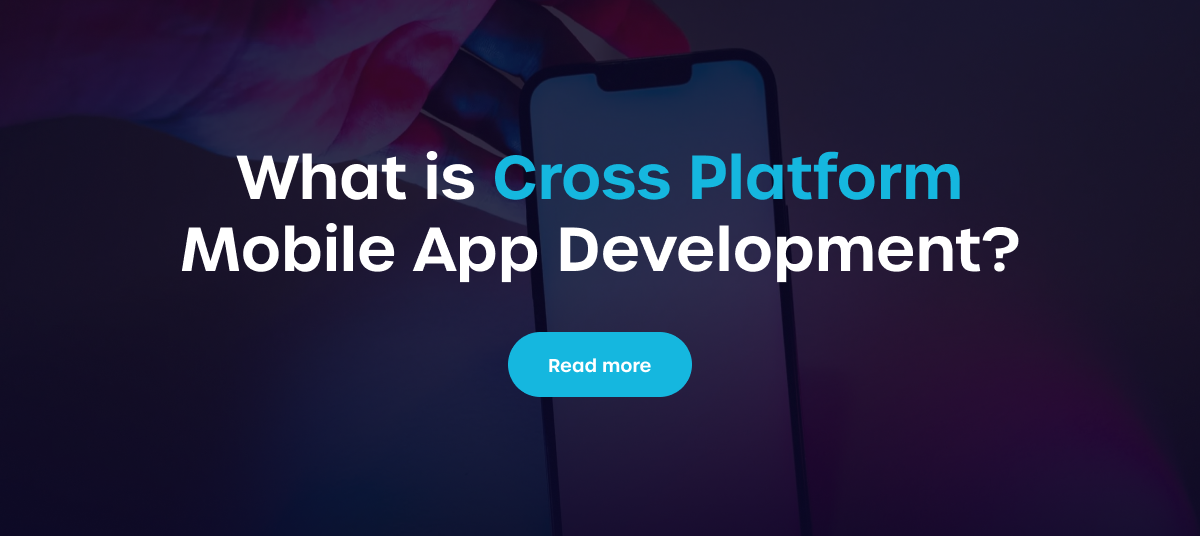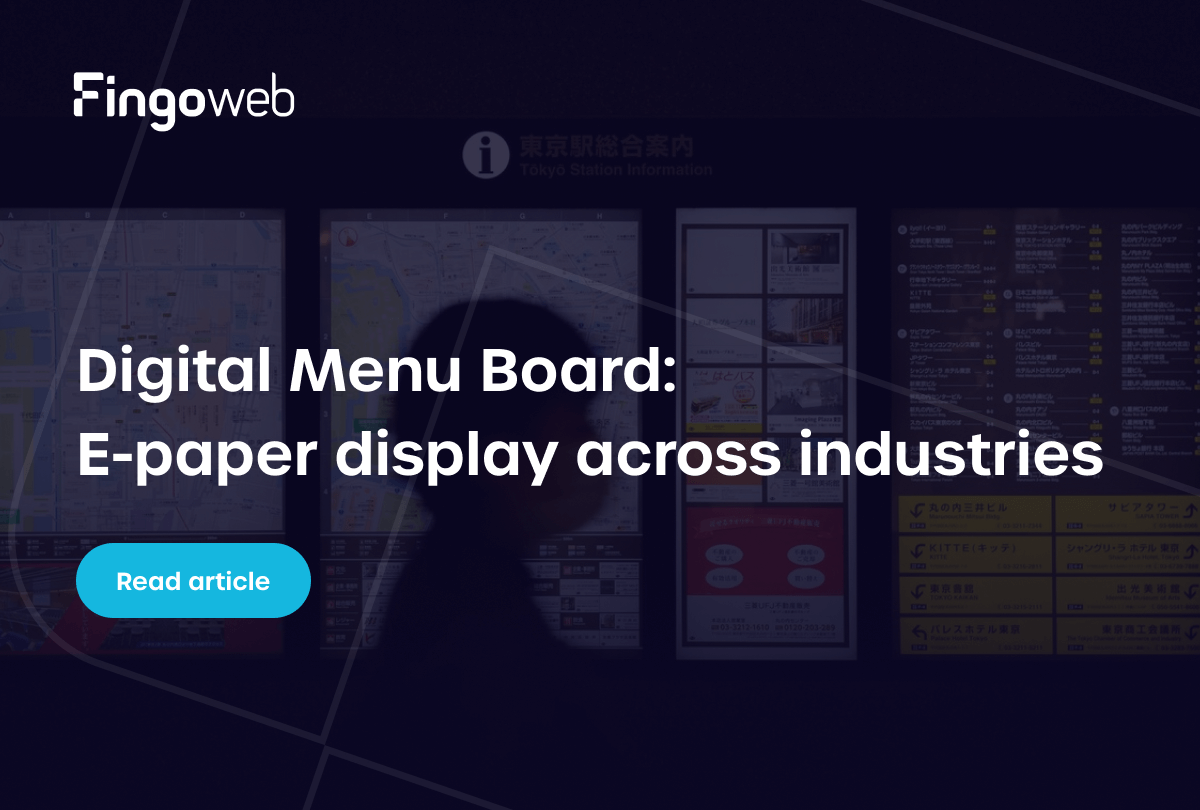Nowadays, businesses are constantly on the lookout for effective ways to reach more users while keeping costs down. Cross platform mobile apps are a smart solution to this challenge. By creating apps that work on both iOS and Android, companies can save time and money while still providing a great experience for their users. Here are eight compelling reasons why choosing multiplatform mobile app development is a wise decision.
In this article you will find out how you can:
- Save money by developing one app for multiple platforms.
- Launch your app faster to reach users sooner.
- Provide a user-friendly experience similar to native apps.
- Connect with a larger audience across different devices and continents.
- Benefit from strong community support and resources.
1. Cost-Efficiency of Multiplatform Mobile App Development
The first thing that every business owner has to think about before creating a new project is the money. It is important, to save the funds without losing the quality of your product. And that is the first and probably the most important reason why multiplatform mobile app development is the best decision for you.
Develop Once, Deploy Everywhere
Creating a mobile app for both iOS and Android can be expensive. With multiplatform development, you can build your application once and use it on multiple operating systems. Depending on a size and type of project, development costs can be reduced by around 30-50% if you choose cross mobile app. This alone saves you thousands of dollars, and there are still more opportunities to cut costs.
Reduced Maintenance Costs
Maintaining a single app is much easier than managing multiple versions. You don’t need to have two groups of developers to handle separate applications – one team can maintain the project, which means spending 60-80% less compared to native apps.
One of the biggest benefits of cross platform mobile app development is an ability to have consistent updates on both operating systems. In case of the native ones you have to update separate codebases, which means it might take longer to change a code in iOS than Android or the other way around. In the case of multiplatform apps, it is just one code for both operating systems, which guarantees update deployment simultaneously.
2. Faster Time-to-Market with Multiplatform Mobile App Development
Everybody knows that "time is money" and since in the last paragraph we discussed costs, now let's discuss the time. It is obviously critical for every business owner to save as much time as possible, and multiplatform mobile app development does that really well.
Streamlined Development Process
Basically, the same reasons that make cross platform apps more cost-efficient, make it also time-saving. Since developers have to write only a single codebase, they don't need to spend much more time creating the second application from scratch. Here is why the technology we reffering to is so time-efficient:
- Faster coding: Fewer lines of code mean quicker development and deployment.
- Consistent updates: Changes can be made in one place and reflected across all platforms.
- Less testing time: Testing a single codebase is quicker than testing multiple versions.
Simultaneous Launch on Multiple Platforms
With multiplatform development, you can launch your app on both iOS and Android at the same time. This is crucial for businesses that want to reach a larger audience quickly. Here’s how it helps:
- Immediate availability: Users on both platforms can access your app right away.
- Competitive edge: Launching simultaneously helps you stand out in a crowded market.
- User feedback: You can gather feedback from a wider audience faster, allowing for quicker improvements.
In summary, choosing multiplatform mobile app development speeds up not only the development process, but also updates and testing, which will save you a lot of time in the long run.

3. Native-Like User Experience on iOS and Android
It is essential that when the users open the app for the first time, they see things that they are used to. We would not want someone to change their habits only because our app does not have native-like features. That is where React Native and it's UI components come into play.
React Native for Native UI
React Native allows developers to build apps that feel like they were made specifically for iOS or Android. This means users enjoy a smooth and familiar interface, making it easier for them to navigate and interact with the app. Here are some key points:
- Consistent UI Components: Users see the same buttons, icons, and layouts as in native app.
- Seamless Navigation: Users can move through the app without any hiccups, just like they would in a native app.
- Familiar Interactions: The app responds in ways users expect, enhancing their overall experience.
Optimized for iPhone Users
For iPhone users, having an app that feels native is crucial. React Native helps achieve this by:
- Adapting to iOS Design Guidelines: The app looks and feels like a typical iOS app.
- Utilizing Native Features: Access to iPhone-specific features ensures users get the best experience.
- Performance Optimization: The app runs smoothly, making it enjoyable to use.
To put it briefly, using React Native for multiplatform development saves time and money but also ensures that users on both iOS and Android enjoy a native-like experience.
If you want the best team to develop your app check out our Cross Platform Mobile App Development services.
4. Wider Audience Reach through Cross Platform Apps

After creating an app, reaching a larger audience is crucial for any application's success. iOS is the most popular mobile operating system in the United States, but that is not the case in the whole world. Other countries tend to lean more towards Android, so if you want to reach a global audience, having an app that works on both platforms is incredibly important.
Target More Users with app development for iOS and Android
As we mentioned earlier, in the USA 60% of all phones have iOS installed on them. Math here is simple, if you decide to develop an app for only one of the operating systems, you will either lose 40% or 60% of potential users. Choosing the cross platform app will ensure that everyone who could be your target will have the ability to install your product.
Reach global audience with multiplatform mobile app development
We already touched on the United States, but if we look at the bigger picture, which is the entire world, Android has a big advantage. Over 70% of the mobile devices run on this operating system, which means if your app does not support it, you lose a huge market. We are talking about 3 billion phones that are not going to be able to get your application. Therefore, if your targets are both US and international users, you definitely need to have support for iOS and Android.


5. Strong Developer Ecosystem and Community Support with React Native
The best platform for mobile app development, React Native, has an incredibly strong community. Thousands of apps are created in this technology every single year, which means there are a lot of developers creating tons of new libraries and fixing the bugs.
Leverage a Large Pool of Experts
React Native has a rich ecosystem and strong community support. Many developers love this framework because it offers a wide range of libraries, plugins, and tools that speed up the development process. This means you can find help easily and get answers to your questions quickly. Because of that, developing a new app can be fast and efficient.
Continuous Updates and Framework Improvements
The community around React Native is always working to improve it. This means you get regular updates that add new features and fix bugs. Developers can also share their tools and libraries, making it easier for everyone to build better apps.
6. Success Stories with React Native
It is also really important to mention that React Native is being used among huge companies, which means you regularly use some apps created in this framework. This proves how time-saving and cost-efficient apps multiplatform mobile app development can be.
Trusted by Top Companies
Many well-known companies have successfully used React Native to build their mobile applications. Some of these include:
- Bloomberg: Utilizes React Native for its powerful financial app.
- Facebook: The creator of React Native uses it for their apps.
Uber Eats: Leverages React Native to enhance user experience.
Real-World Case Studies
React Native has proven its effectiveness through various case studies. Some of the apps were created in the framework from scratch, but some of them were integrated with React Native to improve development process or overall performance. Here are a few highlights:
- Instagram: Integrated React Native into their existing app, improving development speed.
- Airbnb: Used React Native to streamline their mobile app development process.
- Walmart: Adopted React Native to enhance their shopping app, resulting in better performance.
7. No Compromise on Performance and Native Feel

When it comes to mobile apps, performance is key. With multiplatform mobile app development, you can achieve a native feel without sacrificing speed. This is especially true with a framework like React Native, which allows developers to create apps that run smoothly on both iOS and Android.
Native Modules for Optimized Performance on iOS and Android
One of the biggest advantages of React Native over other cross-platform frameworks is it's ability to have native UI components on both operating system, without losing in terms of performance:
- Direct access to device features: Multiplatform apps can utilize native modules, ensuring they can tap into the full capabilities of the device.
- Efficient performance: By using native components, these apps can perform as well as their fully native counterparts.
- Seamless user experience: Users enjoy a fluid experience that feels familiar, regardless of the platform.
Direct Access to Native APIs in Multiplatform Mobile App Development
React Native has direct access to native APIs. That means our multiplatform app can get multiple benefits from it:
- Utilization of device capabilities: Developers can access native APIs directly, allowing for advanced functionalities like camera use, GPS, and more.
- Improved responsiveness: Apps can respond quickly to user actions, enhancing overall satisfaction.
- Consistent updates: Regular updates to the framework ensure that performance remains top-notch.
By leveraging tools like React Native, developers can create genuinely native apps for both platforms, ensuring that users enjoy a high-quality experience without compromise.
Check out this video about React Native components:
8. Integrating Platform-Specific Features in React Native
React Native allows developers to integrate platform-specific features easily. This means you can add unique functionalities that are specific to iOS or Android. For instance, you can use iOS's native camera features or Android's location services without much hassle. This flexibility helps in creating a more tailored user experience.
Seamless Handling of iOS and Android Differences
When developing an app, it’s crucial to manage the differences between iOS and Android. React Native provides tools that help developers handle these variations smoothly. Here are some key points to consider:
- Code Reusability: You can reuse a significant amount of code across both platforms.
- Platform-Specific Components: Use components that are designed for each platform, ensuring a native feel.
- Conditional Rendering: Easily render different UI elements based on the platform.
Integration with Existing Apps
If you already have an app, integrating React Native features is straightforward. With a few steps, you can add new React Native-based features, screens, views, etc. The specific steps are different depending on what platform you're working on, but the process is generally user-friendly. This means you can enhance your existing app without starting from scratch, making it a cost-effective solution for many businesses.
Multiplatform Mobile App Development FAQ
What is multiplatform mobile app development?
Multiplatform mobile app development means creating apps that can work on different operating systems, like iOS and Android, using a single codebase. Check out our "What is Cross Platform Mobile App Development?" article to find out more.
What is the best platform for mobile app development?
Considering a huge community, native-like experience and popularity amongst the biggest companies in the world, the best framework would be React Native.
When should I choose multiplatform mobile app development over a native one?
The biggest factor that you should consider when making this decision is the purpose of the application. If your app requires gaming-level animations and incredibly high performance, then native app should be your choice. Otherwise, cross-platform one will be more efficient.






